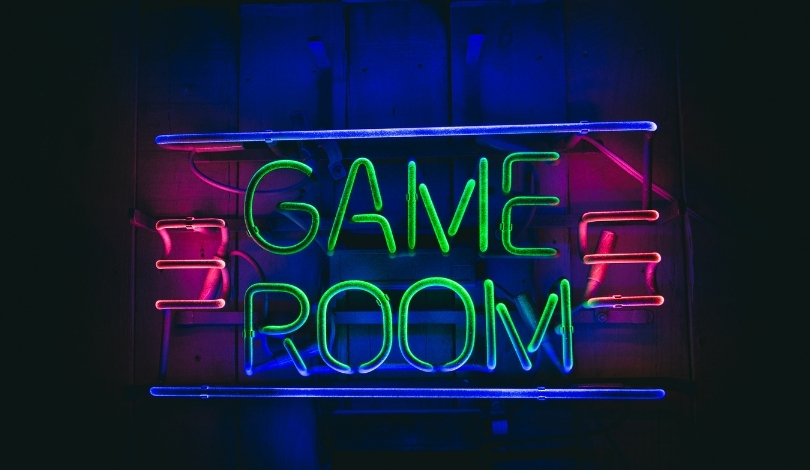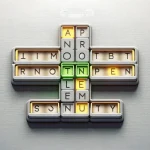A subtle transformation has unfolded in the digital puzzle arena as The New York Times placed its widely played Mini crossword behind a subscription paywall. This move ends years of open access and has sparked a wide spectrum of public responses. As users search for low-stress diversions during their daily routines, The Mini crossword once offered a brief moment of satisfaction and accomplishment. Its simplicity and quick playtime attracted not only crossword enthusiasts but also those seeking a short mental break. Many players are now reflecting on what small pleasures remain accessible in an internet increasingly dominated by paywalls and monetization strategies.
Reports from earlier years highlighted the growing financial success of NYT Games, particularly after acquiring Wordle and expanding its daily puzzle offerings. The Mini crossword, distinct from larger puzzles, always stood out for its accessibility, and the lack of a paywall was seen as a valuable gesture to casual gamers. While New York Times has faced scrutiny for changes in its digital services, previous monetization steps were often rolled out with advance notice or alternative free options. This recent shift occurred quietly, prompting confusion and disappointment among long-time users who recall earlier assurances about maintaining some free content.
What Prompted The Mini to Become Subscriber-Only?
The transition of The Mini crossword from free access to a paid feature appears driven by the publisher’s strategy to capitalize on its puzzle platform’s popularity. NYT Games has seen steady revenue growth through both subscriptions and advertising, encouraging a tighter integration of once-free content into its subscription model. The company now promotes discounted rates to attract reluctant players, underscoring a push to expand its paying user base.
How Have Players Reacted to the New Paywall?
Users have expressed a varied mix of emotions in online forums and social media. Some, encountering the pop-up subscription lock, initially assumed it was a technical issue. As confirmation arrived that the paywall was intentional, disappointment and frustration became widespread, with players voicing concerns about the increasing monetization of casual internet activities. “It was tiny and not particularly great, but it was something in this godforsaken capitalist hellscape,” commented one user, reflecting the sense of loss experienced by the community.
Are There Alternatives to The NYT Mini Crossword?
Yes, alternative daily puzzles remain available on other platforms, such as Merriam-Webster’s website, which continues to offer free word games and crosswords. However, for many, the habitual use of The Mini crossword has created a strong preference due to its ease of access and familiarity. Reflecting on the switch, some players opted to subscribe, with one stating,
“I bit the bullet and subscribed. Not just for the mini, but for other features they include with other games.”
The New York Times, in recent promotional messaging, has noted the value attached to its puzzle portfolio, saying,
“With a subscription, you can enjoy a suite of challenging and entertaining games each day.”
The decision to place The Mini crossword behind a paywall aligns with a pattern seen in many digital media spaces, where companies leverage popularity to encourage subscription growth. While this may allow for continued investment in new game features and editorial content, it also risks alienating casual users who rely on free, accessible entertainment. Direct competitors now have an opportunity to attract disaffected players by maintaining open access or adopting different revenue models.
Players affected by this change might consider shifting their habits to alternative puzzles or weighing the broader offerings included in an NYT Games subscription. The move also raises broader questions about the sustainability of ad-supported free content online, and how publishers balance profitability with maintaining a broad user base. Readers seeking no-cost daily puzzles might find options outside the NYT ecosystem, emphasizing the value of variety and flexibility in online entertainment choices.










